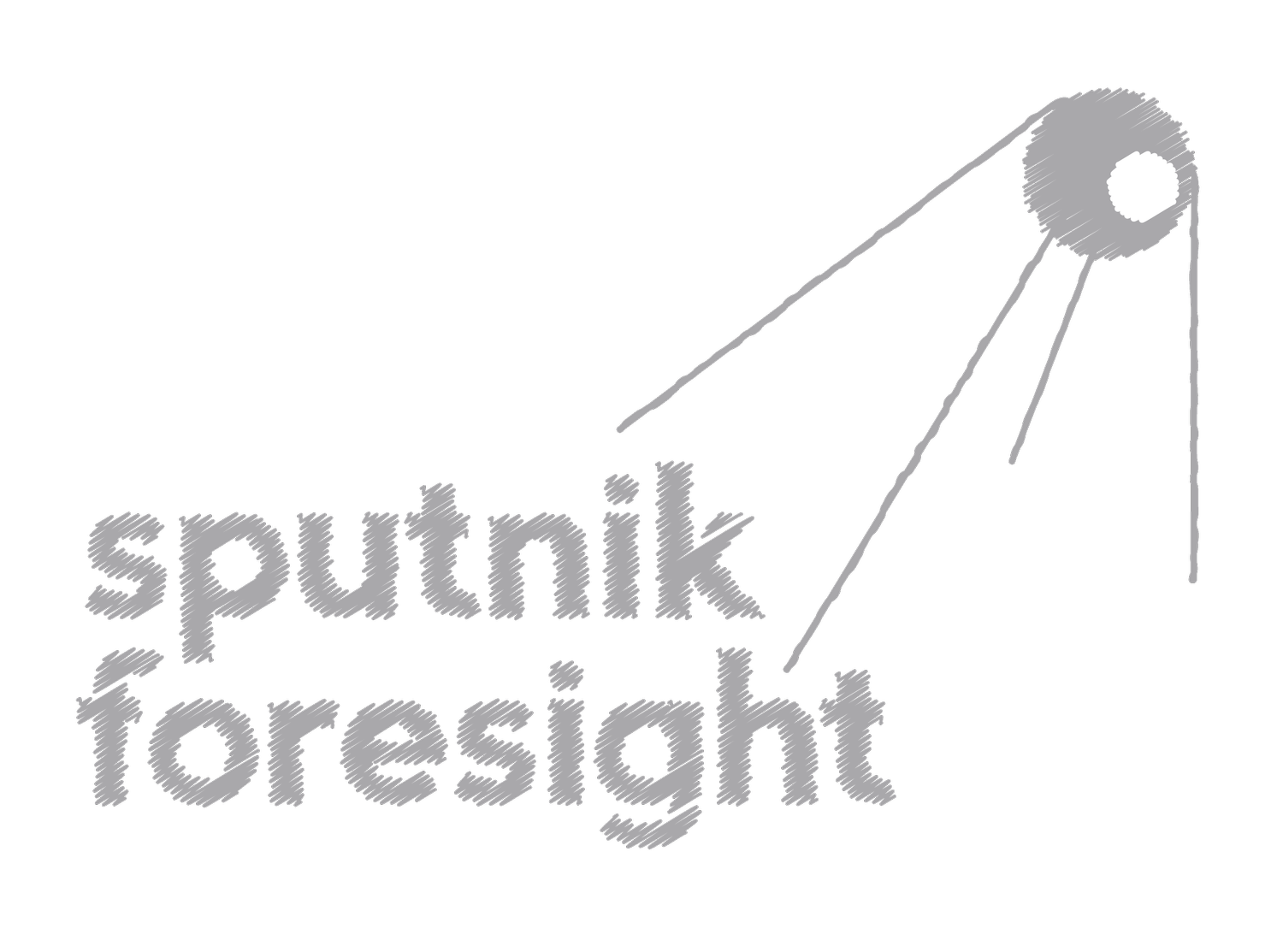WHY CULTURE EATS CONSUMER INSIGHT FOR BREAKFAST (PART 2)
The limitations of psychology
In 2015, just 1% of British people believed that membership of the EU was a major concern. Fast-forward to 2019, and most members of the Conservative Party were ready to watch the economy take a nosedive if it meant Brexit could happen[1]. What the heck happened? Did these people lose the plot? Or did the winds of public opinion sweep them off their feet? Likely the latter.
If that's the case, then zeroing in on individuals’ reasons for waving goodbye to the EU won’t tell us much. However, many researchers might still fall into this psychological rabbit hole, leading to a myopic view of the issue at hand.
Indeed, in a soul-searching moment, Hans van Trijp, professor of Consumer Behaviour at Wageningen University, laments our seemingly blind faith in psychology: “Psychologists are inclined to overstate the merits of their field. Behavior is a product of sociology, economics and psychology; and possibly more sciences”.[2]
Psychology-driven shortsightedness has been clouding insight for some time. A raft of MRS papers[3] from 1999-2007 took a swing at our Consumocentric blind spot (cue flashback to Part 1), pointing out that our actions are shaped by context, social desirability and the need to signal to and bond with others.
Yup, we believe what other people believe, and we buy what other people buy. Our lives are filled with ‘popular stuff’, from the mundane things that are the focus of much commercial research, such as pasta sauce, to big-ticket items. Everything we purchase broadcasts a social signal. [4]. So, when we stick to studying individuals’ behavior, we’re navigating with a 2D map in a 3D world
Getting a fuller picture of human nature demands a panoramic view, using systems thinking and cultural analysis to add the missing dimension.
Douglas Holt, former Harvard professor and president of the Cultural Strategy Group, gets this. He asserts that we have a habit of turning brands into narrow psychological constructs, which he calls mindshare marketing – the idea that successful brands ‘colonise the mind’, seducing people with cognitive associations such as ‘fun-loving’ or ‘rebellious’.
Holt argues that this myopic view misses the boat on strategic opportunities by ignoring the tides of historical change and cultural context. He suggests that contrary to being little meaning-making machines, people aren’t best understood through a psychological lens alone.
This raises a big question: why does the insight industry keep doubling down on psychology as its go-to tool? Perhaps it's because most researchers are versed in psychological methods, not in the sociological or anthropological arts? As a result, they see every issue as a nail needing a psychological hammer.
Yet, insights often aim to uncover ‘meaningful consumer truths’. We tend to accept these truths without questioning how they got into people’s heads in the first place. Are these ideas innate? Were they sneakily injected by Bill Gates in a rogue vaccine? Clearly not.
We soak up meaning from the world around us, often subliminally. Meaning sneaks into our thoughts and feelings, mingling seamlessly through the cultural air we breathe every day.
People make sense of the world around them - but culture makes meaning
Part 1: http://sputnik-foresight.com/why-culture-eats-consumer-insight-for-breakfast/
(1) The New Yorker, 2019
(2) Monty Alexander, Virginia Valentine, Wendy Gordon
(3) Clou Magazine, 2019
(4) Gareth Price, Eat Your Greens
